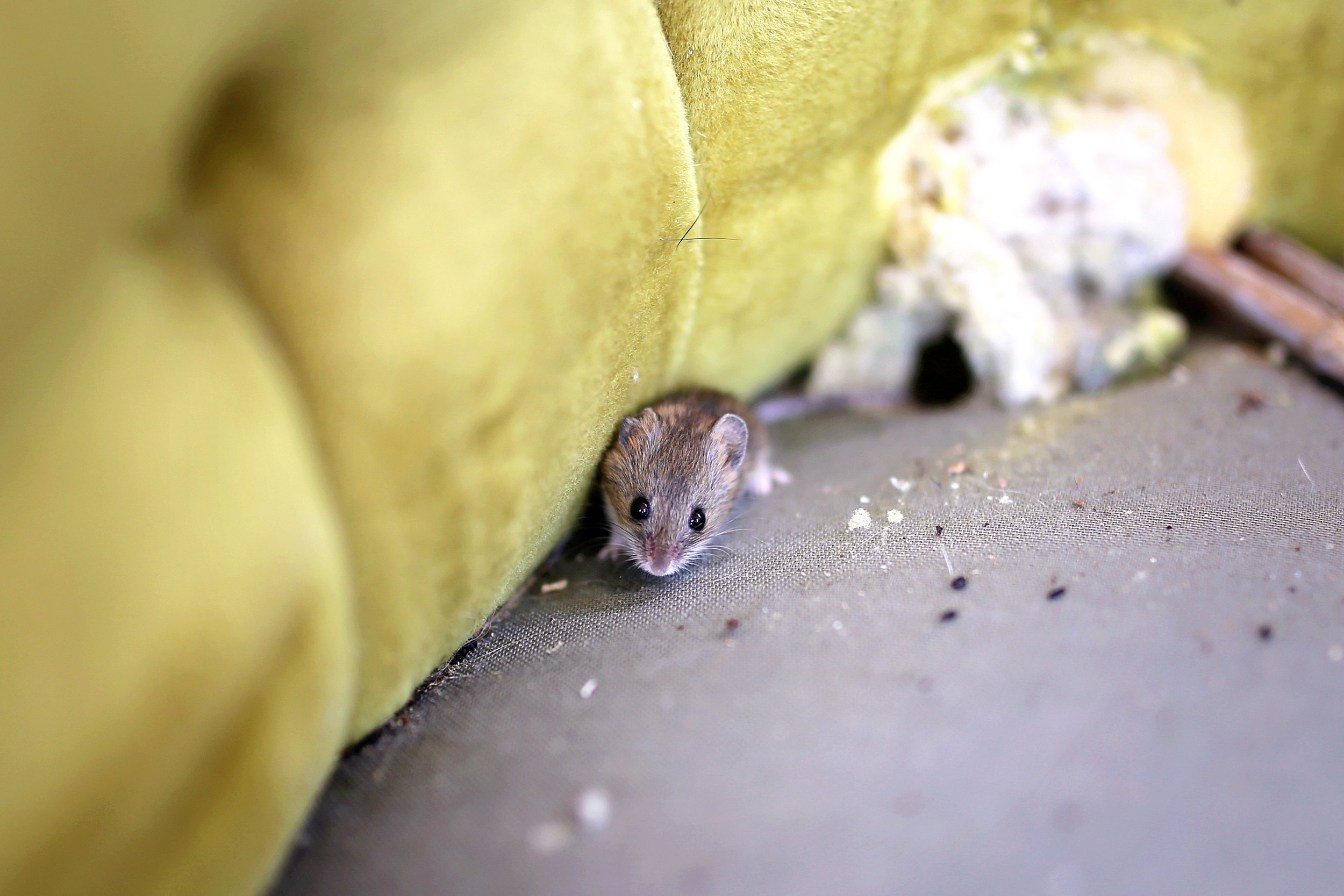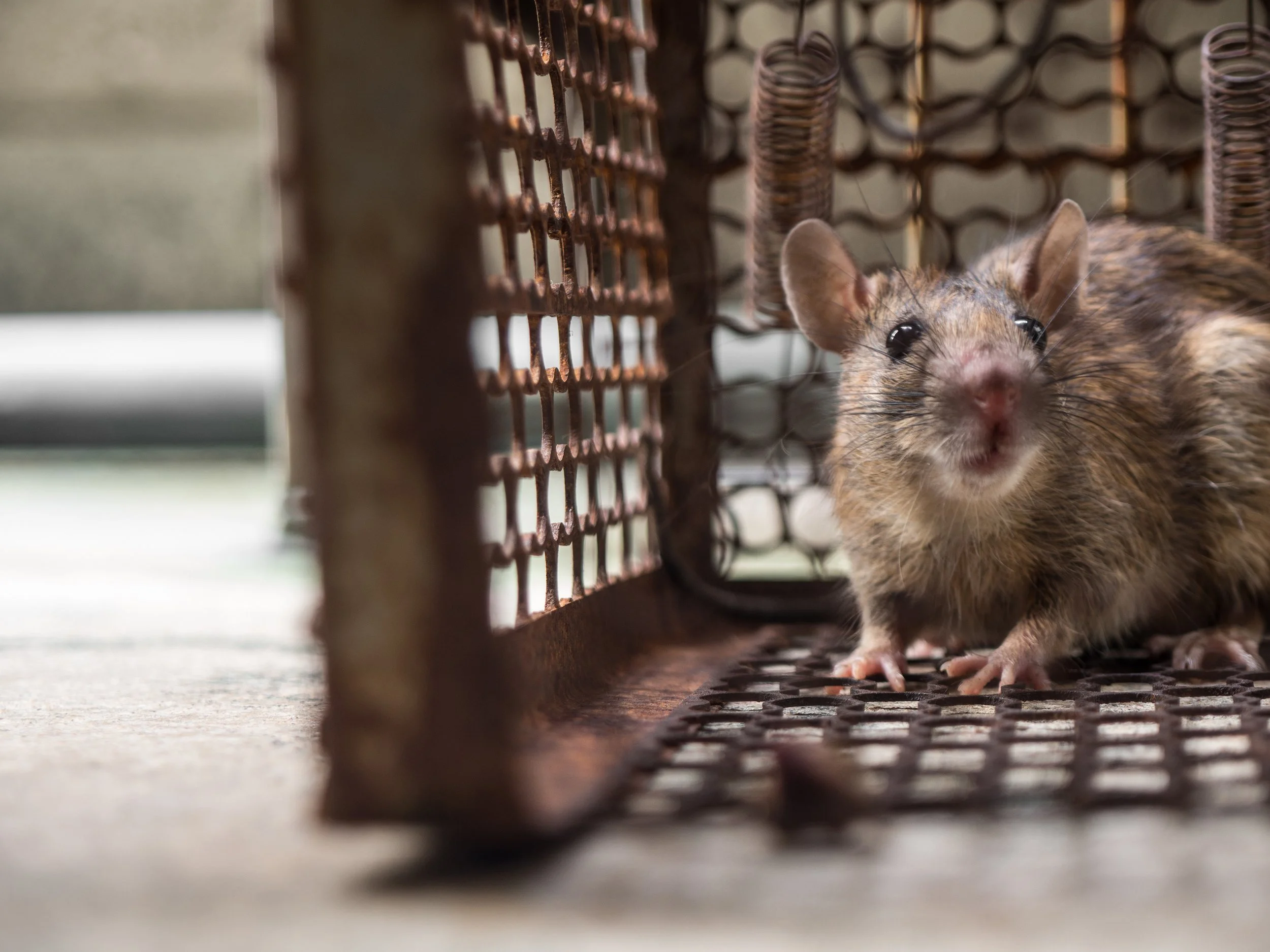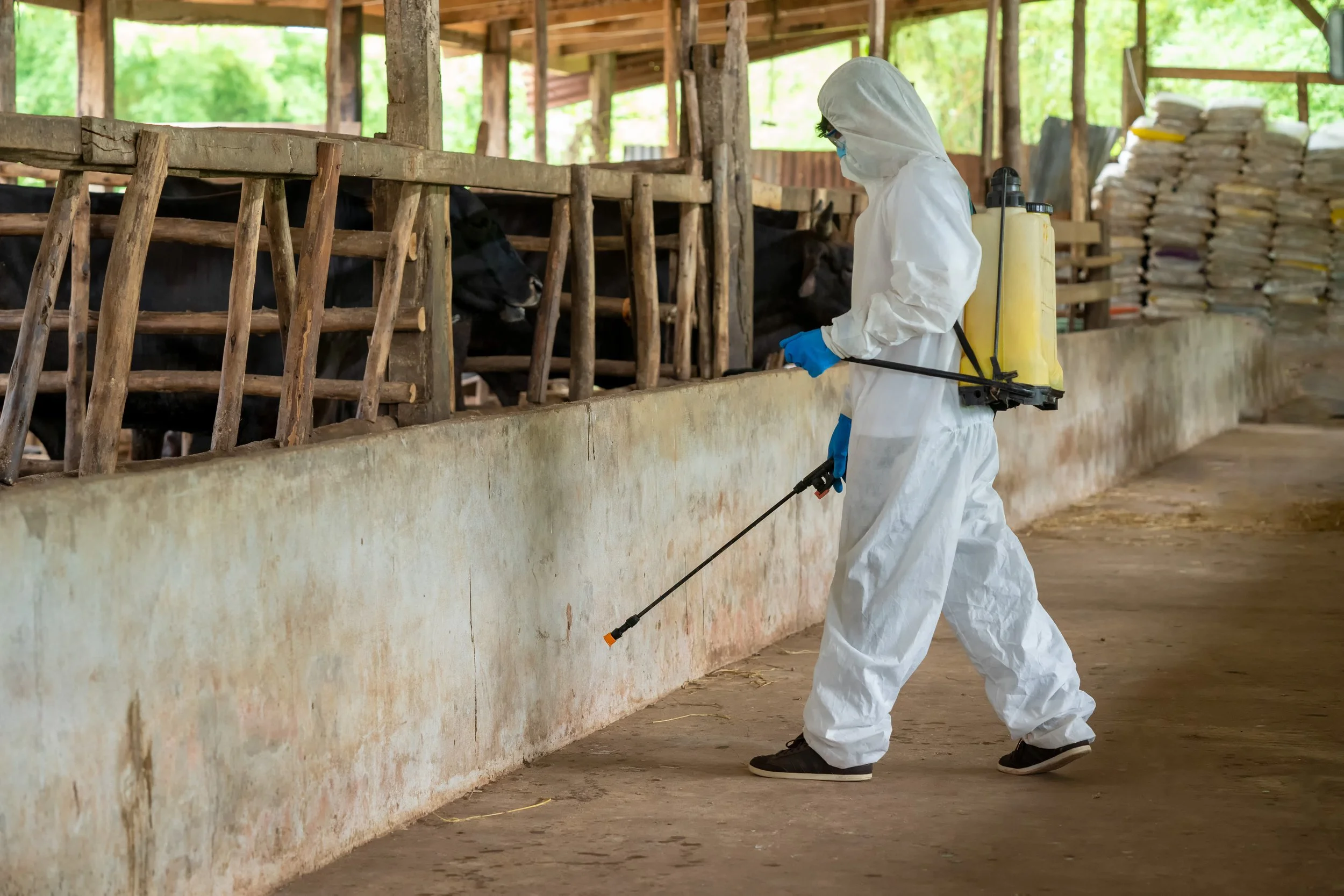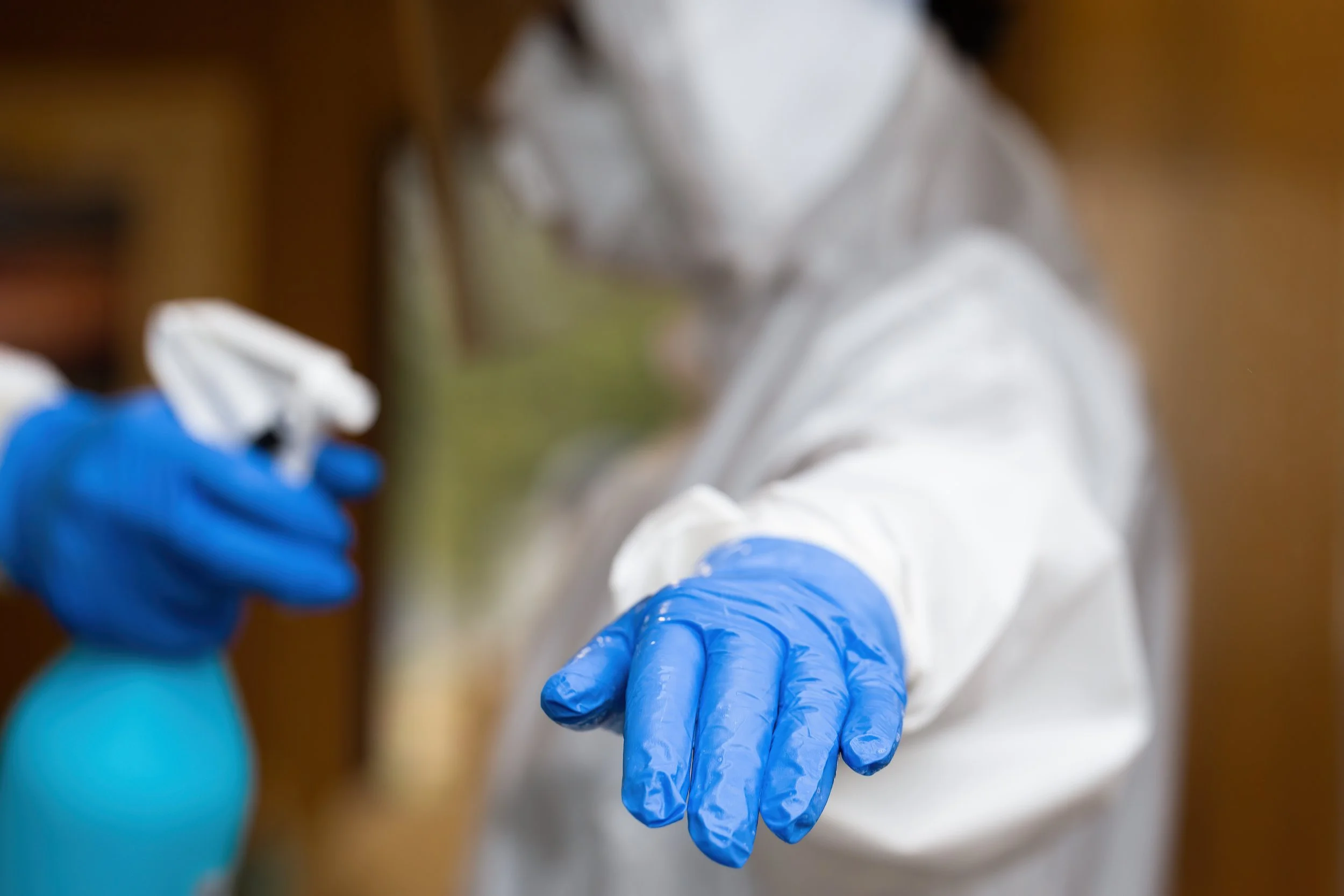How To Clean Up After a Rodent Infestation
Finding a rodent infestation in your home can be a distressing experience. Apart from the visible damage they cause, rodents pose a significant health risk to humans. This is due to their urine, feces and the diseases they carry. Prompt and proper cleanup is crucial to ensure the safety and well-being of your family. In this article, we will look at the dangers of rodent droppings and urine. We will also look at how to clean the droppings, the health risks as well and the importance of seeking professional cleaning help.
Hazards of Rat Urine and Feces
Rats/mice leave behind droppings and urine wherever they go. This will spread pathogens and contaminants. The primary concern of rodent droppings is the risk of diseases they may carry. An example of these diseases are hantavirus, leptospirosis, and salmonellosis, among others.
These diseases transmit to humans through direct contact. Or by inhaling contaminated dust particles from dried feces, urine or saliva.
How Long is Rat/Mouse Urine Dangerous?
Rat urine can remain hazardous for a long period, even after it has dried. Dried urine can break down into microscopic piles that can become airborne. The airborne particles can lead to inhalation risks. The length of time that rat urine is dangerous depends on several factors. But, in general it’s crucial to treat all rodent urine as harmful, you must always take precautions when cleaning.
Chances of Getting Sick from Rat Droppings and Mouse Droppings
The chances of getting sick from rodent droppings vary on various factors. This could be the specific pathogens present, the cleanliness of the affected area or the individuals susceptibility to illness. While some people may not experience any symptoms, others may fall ill after exposure. Common diseases from rodent droppings include:
1. Hantavirus Pulmonary Syndrome (HPS):
This potentially life-threatening illness can be contracted by inhaling dust particles contaminated with rodent droppings, urine or saliva. Symptoms include fever, muscle aches, fatigue, and respiratory distress.
2. Leptospirosis:
This bacterial infection transmits through contact with contaminated urine/water. Symptoms range from mild flu-like symptoms to severe complications affecting the kidneys, liver, and other organs.
3. Salmonellosis:
Caused by the Salmonella bacteria, this illness is contracted by consuming contaminated food/water (from rodent droppings). Symptoms include diarrhea, abdominal pain, fever and vomiting.
Cleaning Rat Urine and Feces
When cleaning up after a rodent infestation, it is vital to follow proper procedures to reduce risk. Here are some steps:
1. Protect Yourself:
Always wear PPE before starting any cleaning at all. You will need eye-wear, disposable gloves, and a mask or respirator. This PPE will help shield you from any dangers.
2. Sanitise Droppings:
Before removing any droppings, make sure you sanitise all affected areas. Dampening the feces and urea will reduce dust particles and make it safer. There will be less of an inhalation risk and the feces will have no bacteria.
3. Removing Droppings:
Using a damp bit of kitchen towel, pick up any visible droppings. Do not vacuum or sweep, as this can increases the risk of inhalation. Place all the droppings into a bag.
4. Disinfect Affected Areas:
Clean any surface rodents have come into contact with. Use a bleach solution or a commercial disinfectant with antiviral and antibacterial properties. Follow the manufacturer’s instructions for proper dilution and application.
5. Launder Contaminated Fabrics:
When it comes to bedding, clothing or any other fabric item that’s soiled, we recommend you throw it away. But if you would like to keep it, it will need to be cleaned at the highest temperature possible, with detergent. Drying in a tumble dryer on the highest heat is also recommended.
6. Dispose Of Waste:
Place your bags with the feces into another bag, then make sure that bag's sealed. Disposing of this waste may vary depending on the area you live, where different waste removal procedures are followed.
Do I Need Professional Help Cleaning Rodent Droppings?
When you have had a large infestation, it is a very hazardous situation. Our service will ensure that you do not even have to come into contact with any bio hazardous material, keeping you safe and risk free. Our teams have the expertise, equipment and correct methods to clean and decontaminate your property.
Our technicians adhere to industry standards for both cleaning and waste removal. Each technician's certified and carry the appropriate equipment and disinfectants for the job.
In conclusion, cleaning up after a rodent infestation always requires caution. We never recommend taking on a large clean yourself, because if something goes wrong it could be potentially life threatening. Tackling small clean, you should always wear PPE, always follow the correct method for cleaning/disposing of the waste. Make sure you disinfect any feces, urea or saliva you come across. Understanding and knowing the risks of the clean is the first step and after reading this article you should know what comes into cleaning up after a rodent infestation. By taking these steps and following our guide, you can have the self assurance to keep yourself safe, as well as your family.
If you would rather hire a professional, you can click the button below to view our service.






